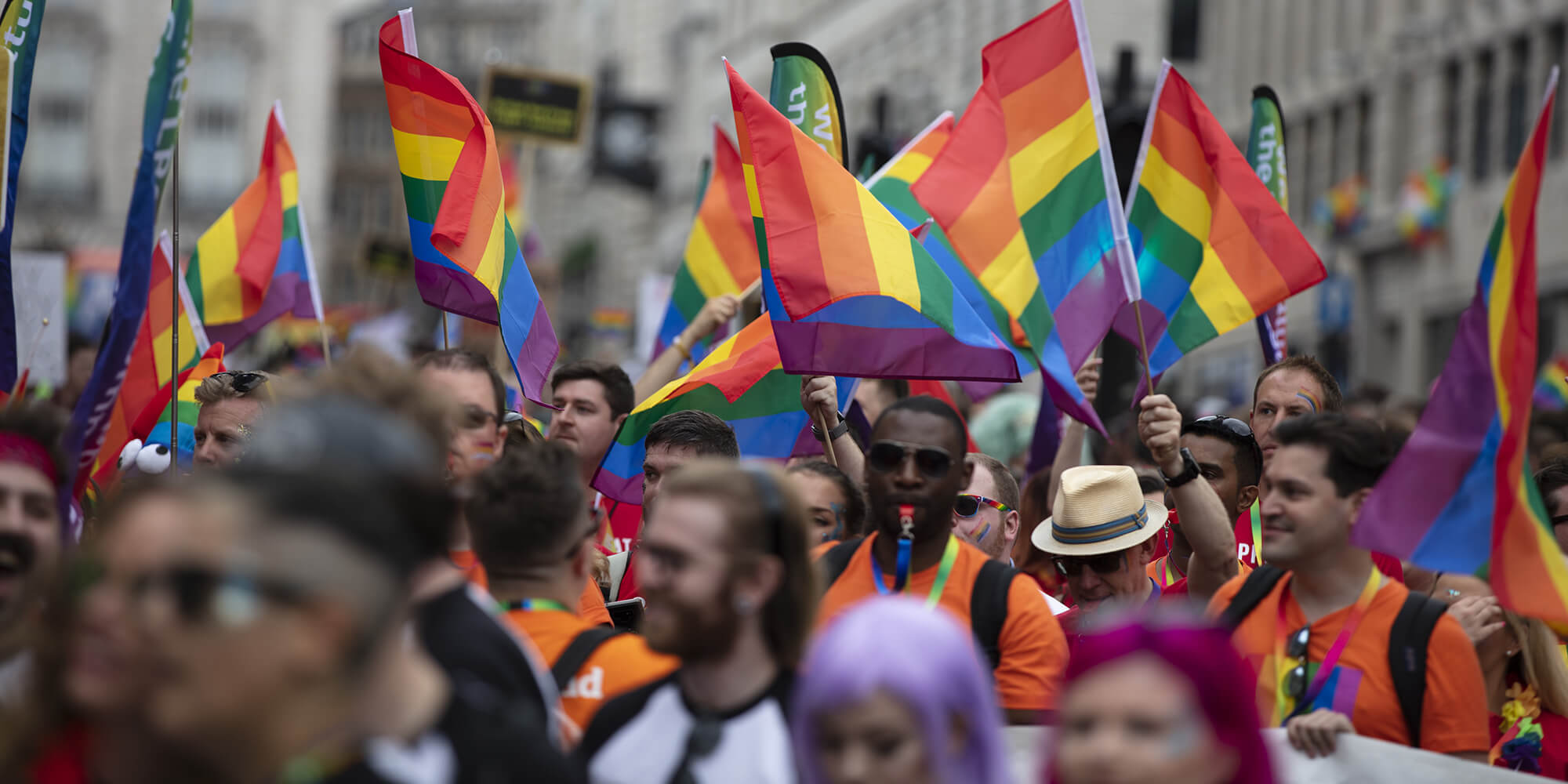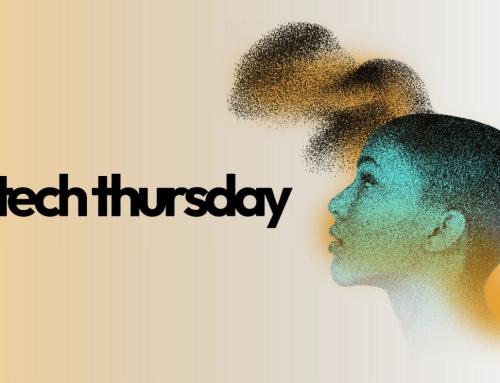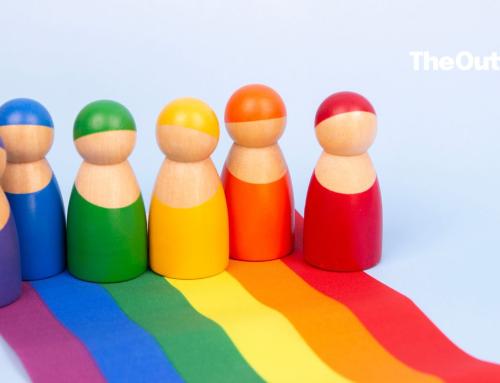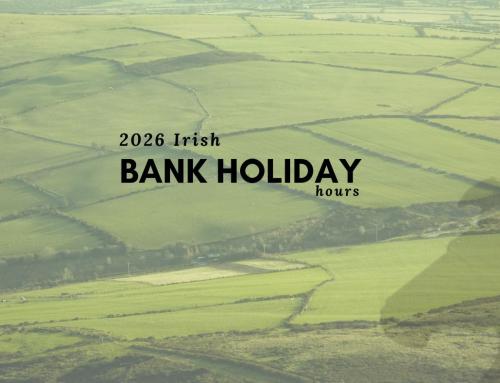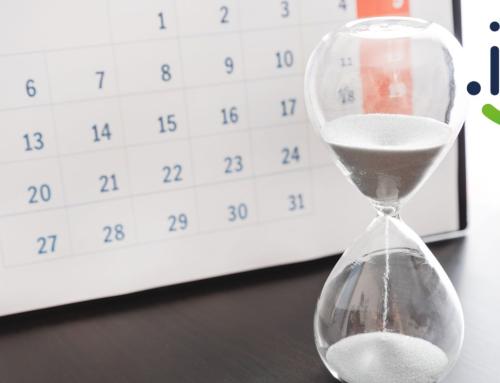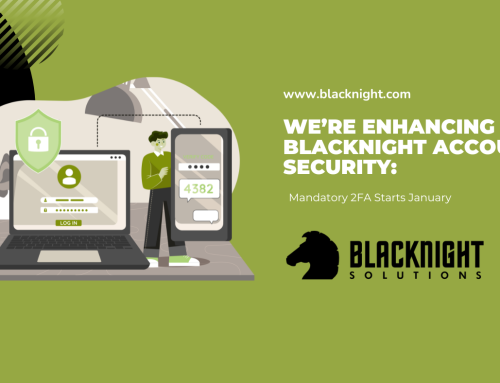Language is important. And when it comes to a community as diverse as the LGBTQ community, language is a critical part of identity, so it’s important to get it right. The problem is that for many outside of the community, it can be a challenge to keep up with the proper terms and how people would prefer to be addressed. In many situations, it’s perfectly fine to ask, and no one will be offended.
But with the recent launch of the .GAY domain, we thought it would be useful to put together a dictionary of phrases related to the LGBTQ community and how they should be used and critically – which ones should not be used at all. Most of these words have come directly from the .GAY registry Top Level Design, who put together a great marketing kit for the .GAY domain launch. We’re not going to make a list of slurs, those should be obvious on what not to use.
It’s Fine
Use these terms and phrases as appropriate. Always confirm how a person wishes to be identified — don’t make assumptions.
- Gay: describes people whose enduring physical, romantic, and/or emotional attractions are to people of the same sex (e.g., gay man, gay people).
- Gender Identity: a person’s internal, deeply held sense of gender. For transgender people, their own internal gender identity does not match the sex they were assigned at birth.
- Gender Expression: external manifestations of gender, expressed through a person’s name, pronouns, clothing, haircut, behaviour, voice and/or body characteristics. Society identifies these cues as masculine and feminine, although these will vary over time and by culture.
- Lesbian: a woman whose enduring physical, romantic and/or emotional attraction is to other women. Some lesbians may prefer to identify as Gay (adjective) or as gay women.
- Bi, Bisexual: a person who has the capacity to form enduring physical, romantic and/or emotional attractions to those of the same gender or to those of another gender. Do not use a hyphen in the word “bisexual,” and only capitalize bisexual when used at the beginning of a sentence.
- LGBTQ: initialism for lesbian, gay, bisexual, transgender and queer. Sometimes, when the Q is seen at the end of LGBT, it can also mean questioning. LGBT and/or GLBT are also often used. Read more on the various initialisms and how to use here.
- Out, Openly Gay: a person who self-identifies as LGBTQ in their personal, public and/or professional lives.
- Sexual orientation: fully inclusive description of an individual’s enduring physical, romantic and/or emotional attraction to members of the same and/or opposite sex. People need not have had specific sexual experiences to know their own sexual orientation; in fact, they need not have had any sexual experience at all.
- Trans: used as shorthand to mean transgender or transsexual, or sometimes to be inclusive of a wide variety of identities under the transgender umbrella.
- Transgender: an umbrella term for people whose gender identity and/or gender expression differs from what is typically associated with the sex they were assigned at birth; should always be used as an adjective (not a noun). Find more resources at glaad.org/transgender.
Danger Will Robinson
Some phrases warrant extra care. As always, confirm an individual’s self-identification before using the below terms.
- Gay Community: the term “gay community” should be avoided, as it does not accurately reflect the diversity of the community. Rather, LGBTQ communities is preferred by GLAAD.
- Queer: is not universally accepted and may be considered derogatory by some among the LGBTQ communities. Despite being reclaimed in recent years, avoid this term unless you’ve confirmed that it is accepted by the individual, group or business you’re representing or engaging with.
- Transsexual: unlike transgender, transsexual is not an umbrella term. If preferred, use as an adjective. Many transgender people do not identify as transsexual and prefer the word transgender. It is best to ask which term a person prefers.
Hard Avoid
Don’t even go there! Avoid the following terms — they’re outdated, inaccurate and/or derogatory. For the full list of derogatory terms, words and conditions to avoid, visit GLAAD’s Media Reference Guide.
- Homosexual/Homosexuality: outdated clinical term considered derogatory and offensive.
- Lifestyle: an inaccurate term used by anti-LGBTQ extremists to denigrate LGBTQ people. As there is no one straight lifestyle, there is no one LGBTQ lifestyle.
- Sexual Preference: typically used to suggest that being attracted to the same-sex is a choice and therefore, can and should be “cured.”
- Transvestite: outdated and problematic term due to its historical use as a diagnosis for medical/mental health disorders. Do not use unless someone specifically self-identifies that way.
Ready to reach your LGBTQ audience and speak directly to them? Then be sure to register a .GAY domain with Blacknight.
